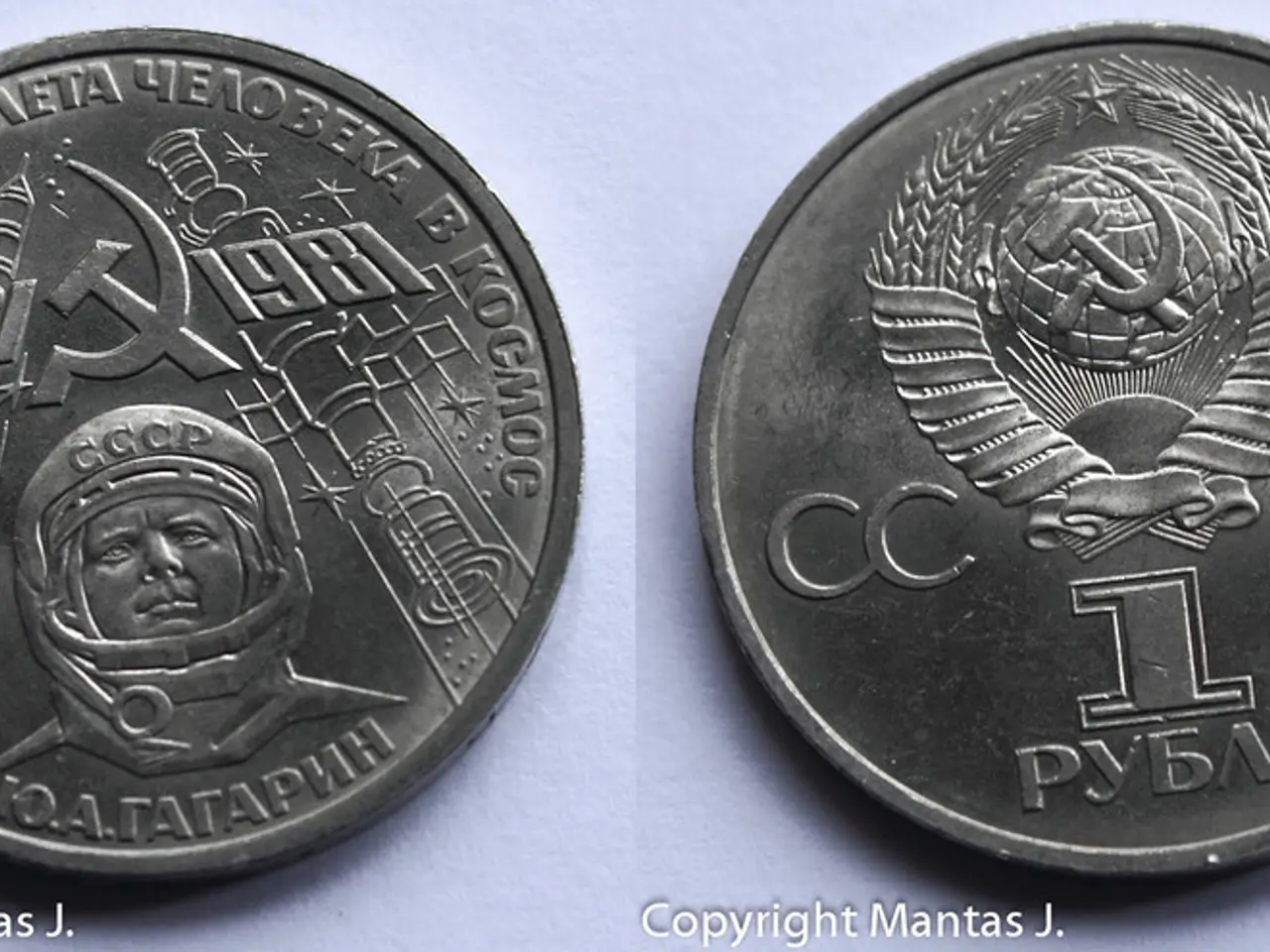Shift in El Salvador's Bitcoin Approach Focuses on Institutional Banking Sector
El Salvador, a small Central American nation, has embarked on an ambitious cryptocurrency experiment, making it the first country in the world to adopt Bitcoin as legal tender. Despite some initial hurdles, the government, led by President Nayib Bukele, remains committed to this digital revolution.
In June 2021, El Salvador made global headlines by passing a law to integrate Bitcoin into its financial system. Some businesses have embraced this change, often incentivized by government measures. However, the initial push for mass adoption saw limited success, with the general population's adoption appearing neither here nor there.
The government's "Chivo Wallet," a digital Bitcoin wallet, saw initial uptake in usage but ultimately failed to convince the public due to Bitcoin's price fluctuations. Nevertheless, El Salvador's national reserve now contains over 6,200 Bitcoins, worth over $740 million.
To attract global capital and shift to a more pragmatic, institutional-focused approach, El Salvador has passed a new law to create a regulatory framework for financial institutions to engage in digital asset services. Financial institutions with at least $50 million in capital can apply for a Digital Asset Service Provider (PSAD) license. Licensed PSADs can offer custody, issue tokenized securities, and facilitate other crypto-related services.
The regulatory framework is overseen by the Commission of Digital Assets (CNAD). In line with this new direction, El Salvador has recently entered into a memorandum of understanding with Bolivia to provide guidance on digital asset regulation.
El Salvador's foray into the cryptocurrency space has not been without controversy. The IMF, which recently provided a $1.4 billion loan to the country, has consistently voiced concerns over the risks that cryptocurrency poses to financial stability and consumer protection. As a condition of this loan, the government was required to scale back its public-sector Bitcoin initiatives.
However, El Salvador is leveraging its position as a first mover in the cryptocurrency space to forge new international partnerships. The government is using geothermal power for mining cryptocurrencies, and the services offered by licensed PSADs are exclusively for "sophisticated investors" who hold more than $250,000 in liquid assets.
Despite these challenges, tourism in El Salvador has seen a notable increase, though the direct correlation to bitcoin adoption remains a subject of discussion. The government maintains its commitment to bitcoin, with President Bukele leading the reshuffling of the national cryptocurrency experiment to focus on attracting institutional investors.
In conclusion, El Salvador's cryptocurrency experiment, while facing hurdles, continues to push boundaries in the global financial landscape. The country's commitment to this digital revolution, coupled with its strategic partnerships and regulatory framework, positions it as a pioneer in the adoption of Bitcoin as legal tender.







